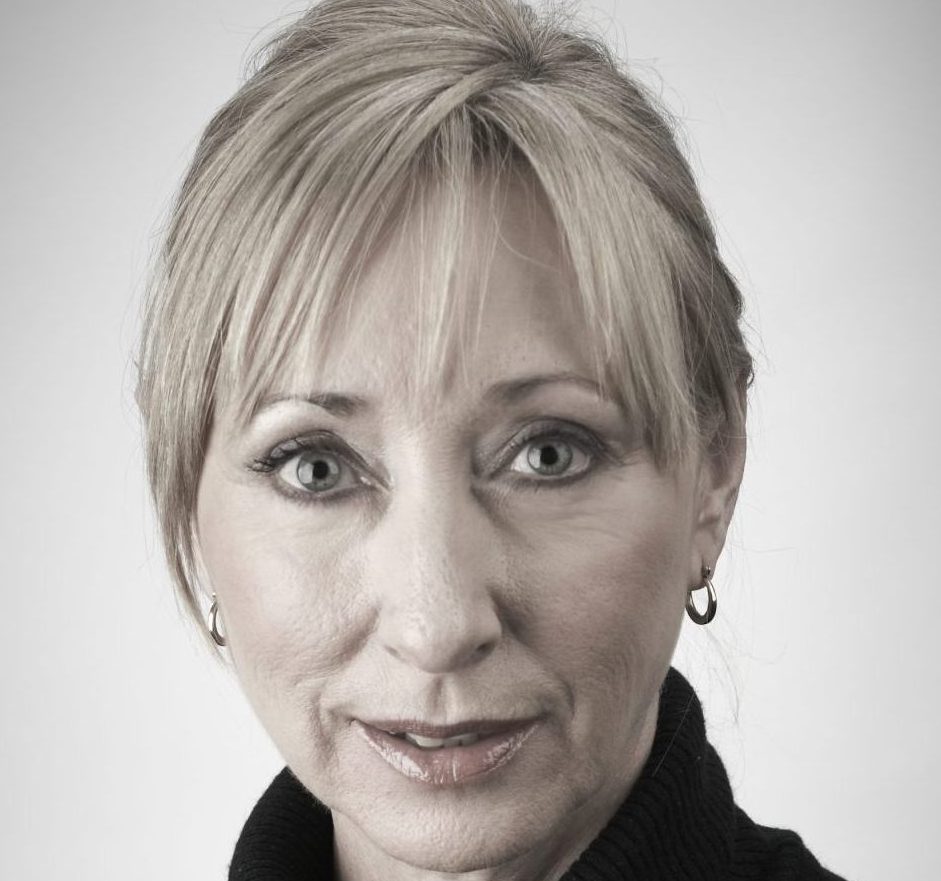We recently spoke with film producer Helena Spring on being a woman in a very male-dominated field, her success with the box office hit Keeping Up With The Kandasamys and her opinions of the proverbial glass ceiling in the world of film and how it’s being broken. Spring has been a producer for some 30 years and was also a producing partner with South African filmmaker Anant Singh for many of those years. She’s a force to reckon with in the international and South African film industry.
Do you think the film business is still very male-dominated in South Africa?
The SA film industry is evolving very dynamically and the number of women making their mark as writers, directors and producers has definitely increased. The ratio of men is still higher than women but there has never been more opportunity for people with talent, vision and ability, irrespective of their gender, than now.
Have you had to face challenges as a woman in this space?
My work is important to me in a very personal way. I have always aspired to excellence without thinking of my gender as an obstacle to that. Luckily, the film industry nurtures that approach. My main obstacles came from financial institutions that seemed to believe that even women with sound track records cannot be considered economically reliable without some guy in the background signing surety for them. And of course, our industry is a high-risk one which further underpins that misconception.
Loading...
However, the hardest part for me, was making sacrifices on the home front when my children were young. Working 15-hour days, seven days a week when you’re in production is very tough on children and relationships. Without good support, this often becomes an insurmountable challenge for women.
How have you overcome some of these challenges?
I’m sad to say that I’ve often put work first when I shouldn’t have but I’m fortunate enough to have a wonderful life partner and good family support. These were key factors that enabled me to work long hours for extended periods, under stressful conditions. It also gave me the latitude to be away from home on remote locations when necessary. Knowing that my children and household suffered minimal disruption during these periods gave me the freedom to keep making films.
Is there scope for growth with women in the world of film and TV?
Of course, now more so than ever before. Young female filmmakers are being singled out for opportunity. That, together with the hunger for content, opens up many possibilities. Today, the main criteria for achievement in the entertainment industry is original thinking, strong creative vision and insight into audience needs. Combine that with discipline and reliability and the sky is the limit.
Do you think women’s voices are important in the world of South African film?
Absolutely. We have complex gender issues in South Africa arising from challenging conditions such as lack of opportunity and education, domestic violence, poverty, cultural and traditional limitations around a woman’s role and sexuality and that’s just scratching the surface. There are extremely serious issues, such as the high level of rape of women in this country, a significant symptom of women’s subjugation in our society. So it is critical that female perspectives are communicated, be it through the eyes of a character or the storyteller. Film and television has the ability to embody dreams and aspirations, to create role models and smash stereotypes – music, art, film and television have at times been the catalysts that have brought about bigger societal change than politics or legislation.
Your director on Keeping Up With The Kandasamys was a woman – what prompted this choice?
There was never any doubt about Jayan Moodley directing the film. Early on, there was some discussion about another possible director, proposed by Jayan herself, who was writing the script at that time. But this is a story about two matriarchs within a culture and lifestyle that she understood really well so she was our clear choice from the get go.
You’ve broken some local box office records with this film – tell us a little bit about the achievements from a box office perspective?
The film resonated with audiences as an authentic slice of family life, with a lot of heart and humor. It offered people enough to entice them to leave their homes and go to cinema. Good box office is difficult to predict – the audience either warms to the film or not, however, it is important to give your film visibility with strong marketing and publicity. You have to give the opening weekend your best shot, after that you’re at the mercy of good (or bad) word of mouth.
Do you believe that film in South Africa is still financially viable – if so how?
SA has a small diverse market – 11 different languages, numerous cultural and economic divides. Europe, Australia and the USA with their large homogeneous populations are able to recover production costs in their home markets. We rarely do so in SA with the result that we have to keep our budgets small, so it is difficult for us to meaningfully compete with the high production values of international films. At some point, we need to make films that will sell into other markets too if we really want our industry to be economically sound. We also need to cultivate a stronger culture of support for our films in our home market.
What advice do you have for women trying to break into the world of film and television?
I have the same advice to all filmmakers irrespective of gender: learn your craft well, develop your own authentic voice and vision, work hard, take risks, under-promise and over-deliver.
– Interviewed by Robert Haynes
Loading...
